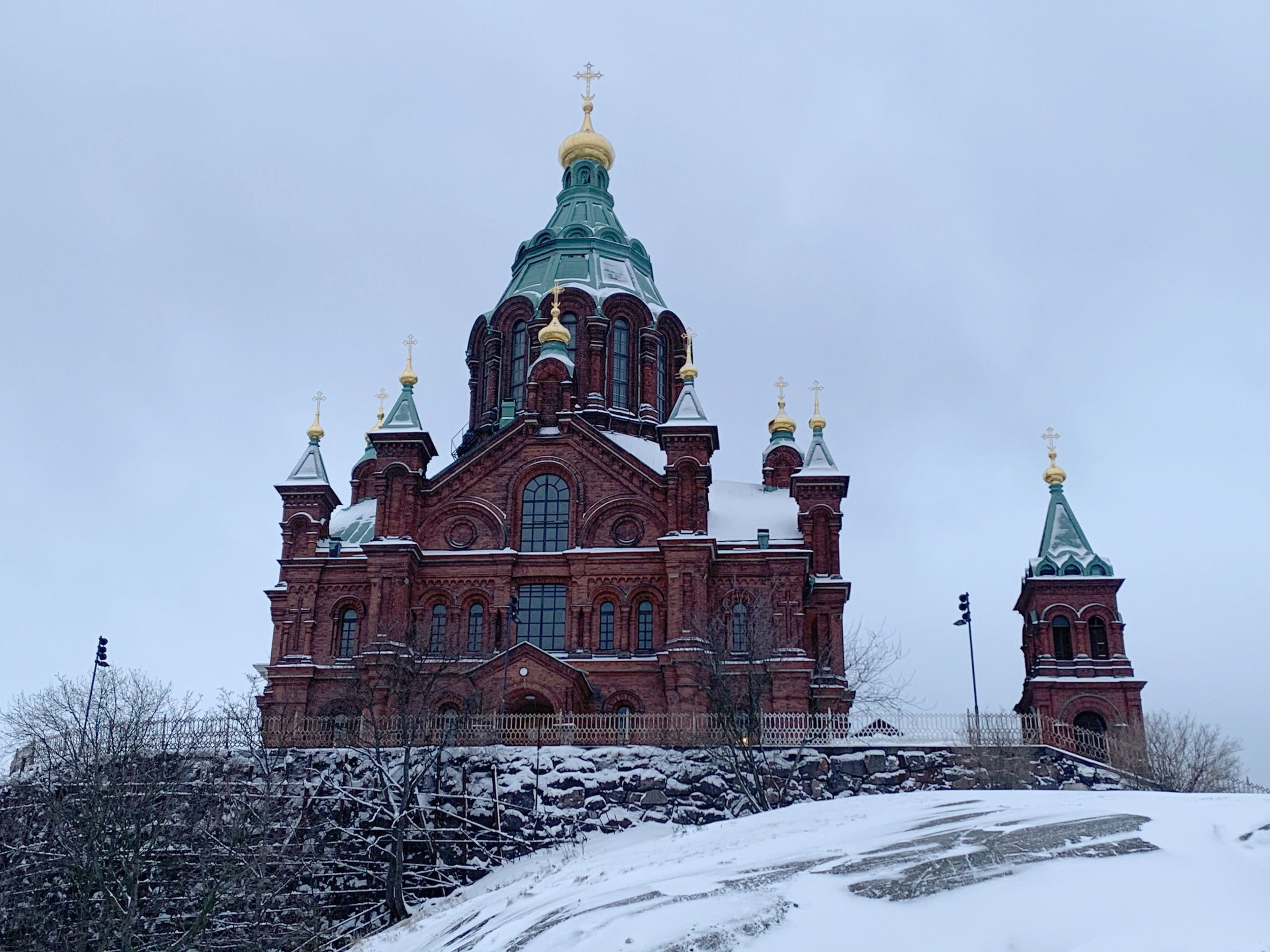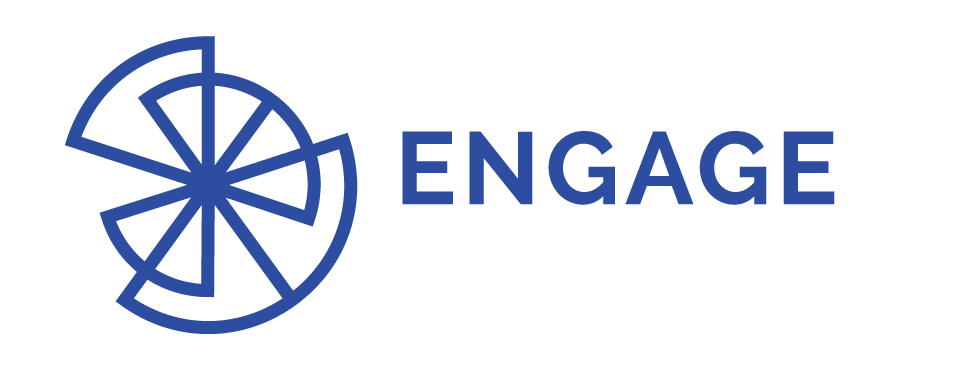EU-NATO cooperation in the context of the Russian war in Ukraine
Helsinki, Finland
Thursday, November 30, 2023
In Helsinki, a small group of Finnish policymakers, representatives from NATO and EU, and ENGAGE researchers gathered to discuss EU-NATO cooperation in light of Russia’s war against Ukraine. The topic combined the findings of the ENGAGE working paper “Case Studies of EU and Member State Engagement with Strategic International Organisations” as well as one of the most central discussions Finland is currently having as a new NATO member.
To kick off the discussion, participants from the EU and NATO made remarks on the cooperation between the two organisations in terms of what works well and what needs to be improved. Representatives from the Finnish Parliament, Prime Minister’s Office and various ministries then took the floor, focusing their interventions particularly on the country’s position with regard to EU-NATO relations.
The main takeaway from the discussion was the need for enhanced strategic coherence between the Union and NATO. Regarding the dilemma on the division of labour between the organisations, participants noted that duplication is not necessarily a negative aspect of cooperation: it could be an asset rather than an impediment, especially in terms of strengthening resilience.
Session participants included Kimmo Kiljunen (MP, Chair of the Foreign Affairs Committee of the Parliament), Jari Luoto (Director General, Prime Minister’s Office), Rasmus Hindrén (Ministerial Advisor and Team Leader for EU and NATO Policy, MoD), Janne Heiskanen (Team Leader on CSDP, MFA), Santeri Eriksson (Desk Officer on NATO issues, MFA), Dominik Jankowski (Policy Adviser at NATO’s Secretary General Office), Aappo Pukarinen (Political Reporter, Commission Representation in Finland), and, from the ENGAGE team, Monika Sus (Hertie School), Angel Saz-Carranza (ESADE), Gaspard Schnitzler (IRIS), Henna Kakko (Tampere University) and Hanna Ojanen (Tampere University).





